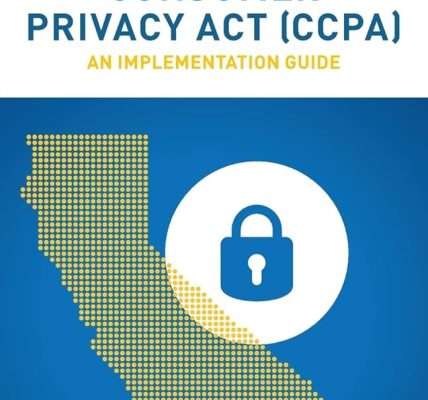Navigating the world of investment companies can be complex, especially when understanding their regulatory oversight. Merrill Lynch, a prominent name in the financial industry, operates under specific regulations to ensure investor protection and market integrity. This article explores the regulatory landscape of Merrill Lynch, clarifying its status and providing insights into its operational framework. Understanding whether Merrill Lynch is a regulated investment company requires a nuanced look at its various services and the legal framework governing its activities.
Merrill Lynch: A Diversified Financial Services Provider
Merrill Lynch provides a wide range of financial services. Understanding these services is key to grasping its regulatory position.
- Wealth Management: Providing financial advice and investment solutions to high-net-worth individuals.
- Investment Banking: Assisting corporations with mergers, acquisitions, and capital raising.
- Trading and Research: Offering trading platforms and investment research to institutional and individual investors.
- Retirement Planning: Helping clients plan for their retirement through various investment vehicles.
Regulatory Oversight of Merrill Lynch
Merrill Lynch is subject to several layers of regulatory oversight. These regulations are designed to safeguard investors and maintain market stability.
Fact: Merrill Lynch, as a subsidiary of Bank of America, is regulated by various bodies, including the Securities and Exchange Commission (SEC) and the Financial Industry Regulatory Authority (FINRA).
SEC and FINRA Regulations
The SEC and FINRA play crucial roles in overseeing Merrill Lynch’s activities. Here’s a brief overview of their responsibilities:
| Regulatory Body | Responsibilities |
|---|---|
| SEC (Securities and Exchange Commission) | Enforces federal securities laws, protects investors, and maintains fair and efficient markets. |
| FINRA (Financial Industry Regulatory Authority) | Regulates brokerage firms and registered brokers, ensuring compliance with industry rules and regulations; |
While Merrill Lynch offers a broad spectrum of investment services, it’s important to clarify whether it fits the strict definition of a “regulated investment company” (RIC) as defined under the Investment Company Act of 1940.
Key Point: Merrill Lynch itself is not a regulated investment company (like a mutual fund). However, it distributes and manages regulated investment companies.
FAQ: Frequently Asked Questions
Here are some common questions about Merrill Lynch and its regulatory status.
- Q: Is Merrill Lynch insured?
A: Accounts at Merrill Lynch are typically covered by SIPC (Securities Investor Protection Corporation) insurance, which protects investors against the loss of cash and securities in the event of a brokerage firm’s failure. - Q: Who regulates Merrill Lynch?
A: Merrill Lynch is regulated by the Securities and Exchange Commission (SEC) and the Financial Industry Regulatory Authority (FINRA), among others. - Q: Does Merrill Lynch offer investment advice?
A: Yes, Merrill Lynch provides investment advice through its wealth management services, tailored to individual client needs and financial goals.
Understanding the nuances of financial regulation is crucial for making informed investment decisions. While Merrill Lynch is not itself a regulated investment company in the specific sense of a mutual fund, it operates under stringent regulatory oversight due to its role as a broker-dealer and investment advisor. The SEC and FINRA work diligently to ensure that Merrill Lynch adheres to the highest standards of conduct and transparency. By understanding these regulatory frameworks, investors can gain confidence in the integrity and stability of the financial services provided by Merrill Lynch. It’s important to remember that investing always involves risk, and it’s advisable to consult with a qualified financial advisor before making any investment decisions. Finally, it is crucial to stay informed about changes in regulations and market conditions.


